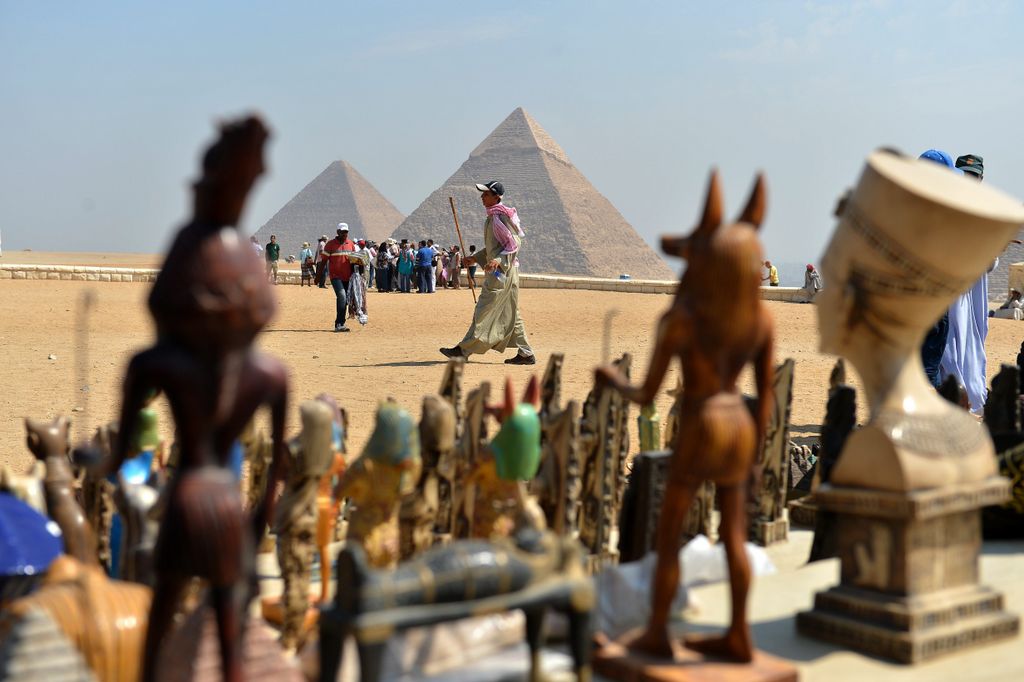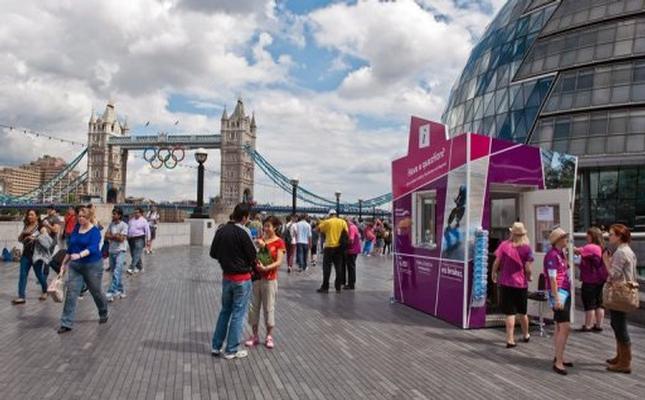RAMALLAH: Attempting to curb soaring public corruption, the Palestinian Authority (PA) yesterday inaugurated a new court in Ramallah to deal with the issue.
The new anti-corruption court will operate within the framework of a recently established Anti-Corruption Commission (PACC), created by Palestinian President Mahmoud ‘Abbas through a recent amendment to the 2005 Palestinian Anti-Corruption Law.
Rafiq Natsheh, the new head of the anti-corruption court, said his court would soon begin investigating 50 corruption cases reported to Palestinian authorities.
“No one will receive impunity because of his position or authority,” Natsheh said in a press conference following the inauguration ceremony.
“We will remove immunity from anyone we legally need to investigate.”
“The goal of the court is to combat corruption, bribery, and nepotism,”
Fares Saba’neh of the Palestinian Judicial Media Center told The Media Line. “Every country in the world has civil servants responsible for public funds. Sometimes these clerks are weak-minded and they receive bribes.”
Saba’neh said that the new court would strengthen public trust in the government and the state.
“People on the street always said that the government only talks about fighting corruption, but doesn’t follow through. Now, when decisions will be implemented, the battle against corruption in the PA will receive credibility.”
Saba’neh added that the independent nature of the new Anti-Corruption Authority would deter officials from taking bribes.
“From now on people will hesitate to be corrupt, because they will know there is a risk they will be caught. This will prevent corruption both in the public and in the private sector,” he said.
Dr. Azmi Shuaibi, general commissioner for combating corruption at Transparency Palestine (AMAN), the local chapter of Transparency International, said that the new court would mainly assist in hastening deliberations on corruption cases, reducing time-consuming bureaucracy.
“By law the court must begin discussing a case within 10 days of receiving it,” Shuaibi told The Media Line. “There is currently a large backlog of cases in the courts, with many cases waiting for years to be dealt with.”
Shuaibi said that courts dealing with specific legal matters such as labor, children and tax issues already exist in the PA.
“The Palestinian legislator doesn’t want people to get away with crimes because of cumbersome bureaucracy,” he added.
Dr. Sameeh Hammoudah, a political scientist from Birzeit University in Ramallah, said that the new court would augment the already prevalent public sentiment against corruption.
“Today there already is religious and national resistance to corruption,” he told The Media Line. “Combating corruption cannot be done by legislation only, but also through developing a culture that opposes it. This culture is gradually being developed.”
“It is clear that the government is now more interested in implementing the law, searching for legitimacy from the Palestinian people and the world,” he added.
Last December, Palestinian Prime Minister Salam Fay’ad stressed the role of transparency and good governance in contributing to his state-building efforts.
The PA recently signed the UN Convention against Corruption, which entered into force in late 2005.



